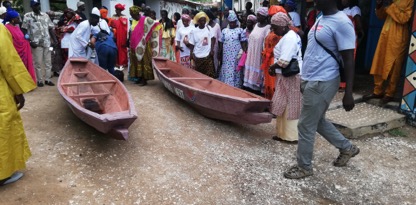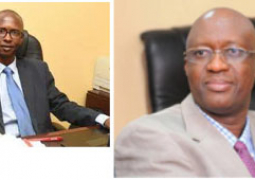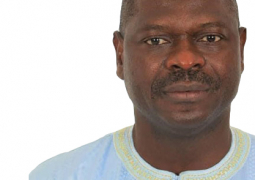
The oyster harvesters across The Gambia were some of the most affected when the virus hit the country in March 2020. Many are from humble backgrounds and some were single mothers caring for their families.
However, the pandemic has left them almost jobless, as oyster sales have drastically reduced. This has rendered them earning just little income to fend for themselves and their families during these difficult times, they lamented.
Nevertheless, experts have come with vaccines that can protect people from the virus, which has brought hope among many. Yet, there is quite a sizeable number in The Gambia that remains pessimistic about the vaccines.
This is not a view of most women oyster harvesters. Most of them trust the vaccines and are hopeful of the positive effect it could have on their health inasmuch as the coronavirus is concerned.
Speaking with The Point, Anna Manga, oyster harvester, said: “I have not yet taken it. It is just that I did not take it yet, but it has nothing to do with the issue of lacking confidence in them.”
“The vaccines are good because I believe if they were not good, they would not be used on people. Besides, it was created by experts that are trained on what they do. So, it is good and I believe if they were not, they will not be used on people,” she divulged further.
Marie Therese, another oyster harvester at Sarro said: “The vaccines are good, and that is why people are taking it. If it was not, they would not have taken it. I have the deep conviction that it is.”
However, she also reiterated that she was yet to take the vaccines as a precautionary measure.
Juliet Jarjue, also harvests and sells oyster at Sarro to earn income to take care of her family. She said that she has taken the vaccine.
However, she was the only one among the women who did not have confidence in the vaccines. Nevertheless, she reiterated that to be sincere, she has not yet seen or felt any negative impact on her health and general wellbeing.
“No, I have not yet experienced any health complications since I took it,” she responded when quizzed on whether it has any negative health complication on her.
Mr. Modou Njai, the director of Health Promotion and Education at the Ministry of Health, said that in their quest to raise vaccines awareness, they have set up a communication and social mobilisation committee that is managed by the directorate.
“In the committee, we have also included the women mobilisers and one of them is really helping us to engage women groups within and beyond KMC in the capacity as a liaison officer between us and the organised women groups – a responsibility we bestowed on them,” he disclosed.
The health education and promotion director went on to add that when they have their intervention, they have traditional communicators composed mainly of women to send their information across and to empower the communicators with information and knowledge that they utilise to sensitise the communities.
“This aims to encourage people to take COVID-19 vaccine. It is also to dispel rumours and misconception regarding COVID-19 vaccine, as well as create awareness on the significance of the vaccine,” he reiterated.
“We want to make sure that our services are equitably distributed and that each and every one has access to health services, especially to the COVID-19 vaccine.”
This story was produced with support from Journalists for Human Rights (JHR), through its Mobilizing Media in the Fight Against COVID-19 in partnership with Kaba Communications and The Point.




